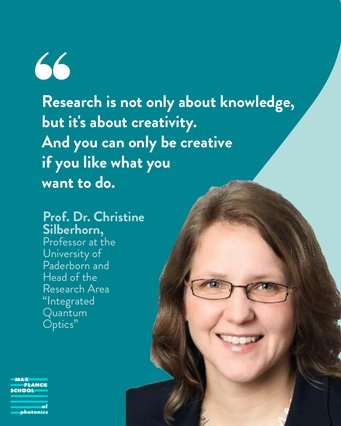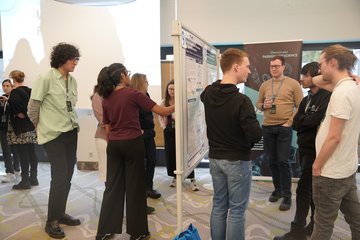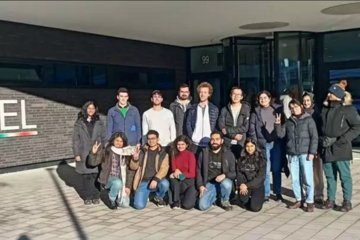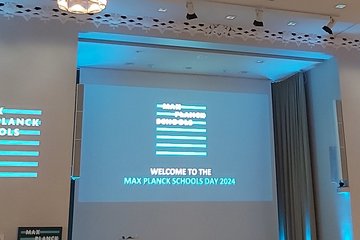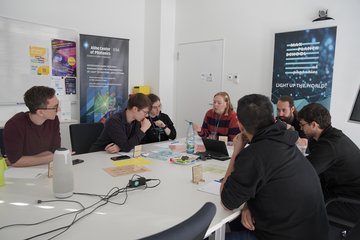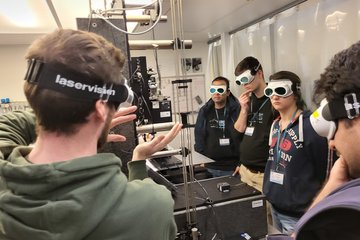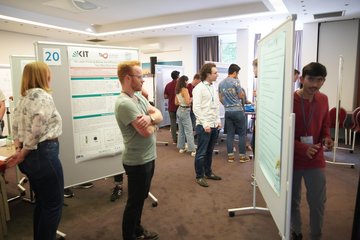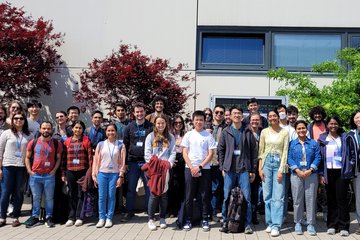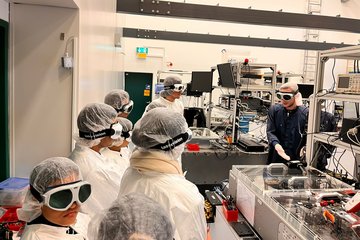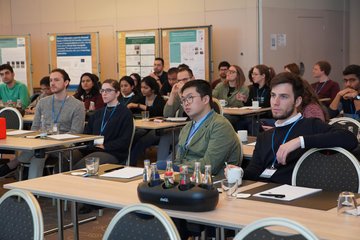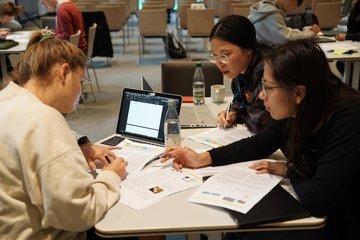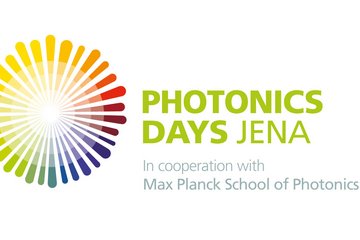Get to know our Max Planck School of Photonics Fellows: Prof. Dr. Christine Silberhorn
A series of interviews
They are an important part of the MPSP and support, encourage and collaborate with our PhD candidates: Our MPSP Fellows.
During our MPSP Spring School in February, we interviewed five of our Fellows and talked about their research, the challenges they face and the future of photonics. But we also focused on our PhD Candidates and what it's like for our Fellows to be part of the MPSP. You will find a new interview here every week for the next five weeks!
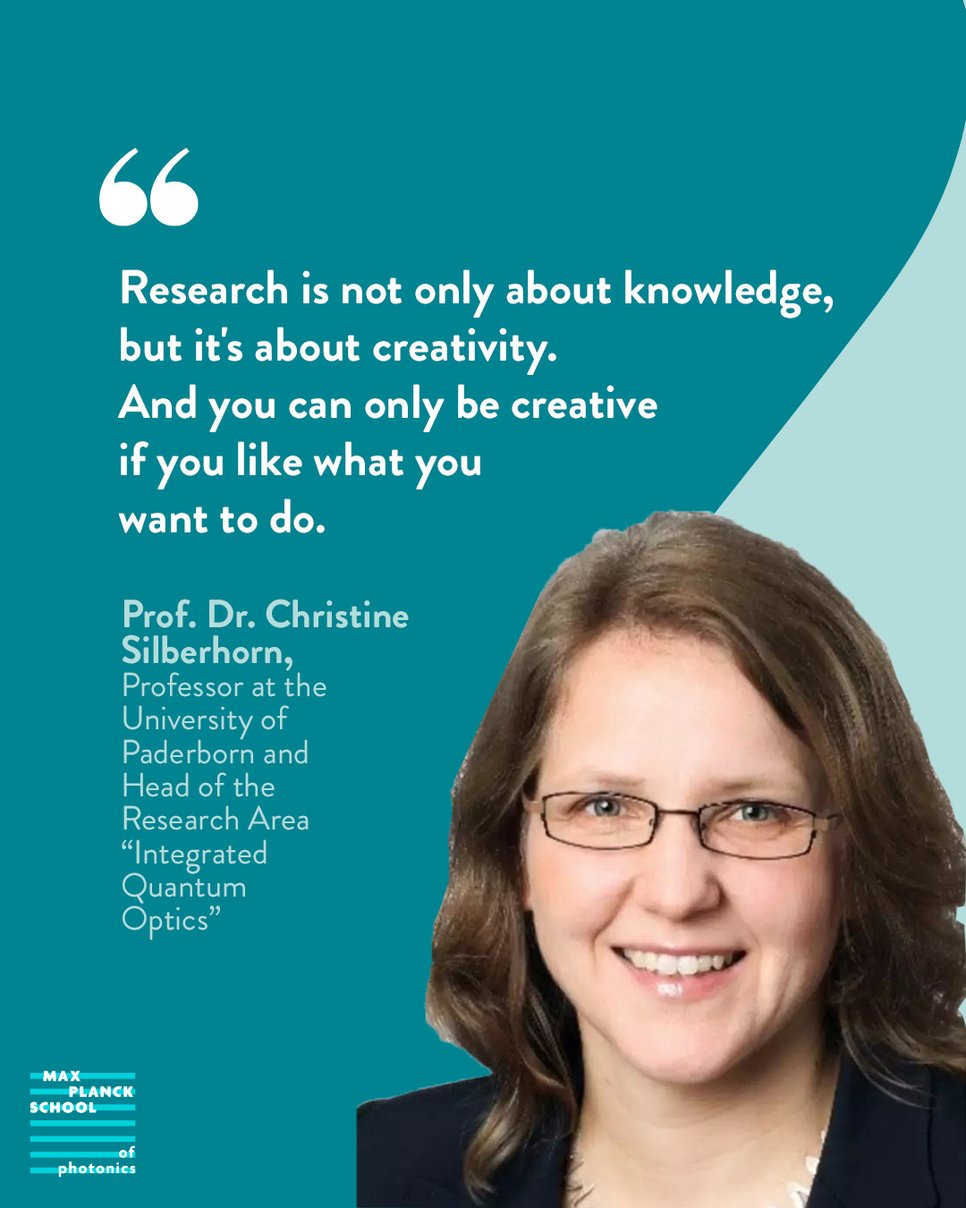
Today we would like to start with Prof. Dr. Christine Silberhorn. She is a professor at the University of Paderborn and head of the research area “Integrated Quantum Optics”. She has been a Fellow of the MPSP since 2019.
Could you explain the main focus of your research in photonics and what initially drew you to this area of study?
I'm doing integrated quantum optics or integrated photonics. This is where we try to put integrated optics together with quantum optics and build a technology, or quantum photonic technologies from that. I started with the foundations of quantum mechanics, where we did fascinating physics, philosophy. But then during my post-doc, I got in contact with the integrated things, and it was clear to me, if you really want to make progress in the field and develop a technology, then we need more applied things. When I started out, I went back and I continued with that, but I realized that bringing these fundamental physics and technology together is something I would like to do.
As a fellow, what has been your biggest challenge in the MPSP and how did you overcome it?
I think the biggest challenge for the Max Planck school is to find time to communicate and talk with people in the network. The key here is to trust in the young people. You send your people and you talk to them a lot. That's a general thing. If your group is getting larger and you want to create something else, you have to start relying on the people. You have to find ways to communicate efficiently, so that people get engaged, and pick times where you think it's good that you're personally present. And you should find a good balance.
Collaboration plays a major role in research. What has been your most rewarding collaborative experience, and how has this experience affected in your work?
I think the best experience I had is that you really got in contact with other groups where there wasn't a lot of contact before. One example is definitely the collaboration between Paderborn and Jena. I think we made a success story because we started to have joint projects. It's the big BMFTR project about building a quantum demonstrator. It's a big story. And talking to people all over the place, which I had in the context beforehand, I think, is the biggest success story. Really, building up scientific links is something that is really important.
What are some of the most surprising or unexpected applications of photonics that you have encountered in your research or studies?
The most surprising one? If I look back in my career, when I was doing my PhD, I liked the field, and there were all these crazy quantum info ideas around. A lot of people were talking about them, really believing that there would be a technology coming out of that and that people really would jump on that and becoming a big field. It was a really surprising thing, and we really can think of exciting things. It seems very obvious. But to make the step from fundamentals to something more applied and then back to fundamentals, it's something that still fascinates me. It's surprising in the sense that I didn't know, and that I really wouldn’t have expected to be getting that far in this timeline. This is a surprise in that we can scale systems, and we give that really a push. It's something unexpected.
What advice would you give to students or early career researchers, aspiring to make an impact in the field of photonics, and how can they stay motivated through challenges?
My advice is to think whether you like the field of research you're working in. Research is not only about knowledge, but it's about creativity. And you can only be creative if you like what you want to do. And this is why I say, stick to your things, what you like, and allow yourself to be creative.
How does your research at the Max Planck School of Photonics differ from your previous experience in photonics? And what unique opportunities have you found here?
It's a networking aspect. Of course, you can build up your own research area. I think that's nice. But to have people you can talk to and get insights into what's happening in the field of photonics on Germany, was the biggest impact for my group. For myself, but also for my group. Having people communicating between these links, I think it's a very important impact, contributing and estimating that.
Looking ahead, what excites you most about the future of photonics, and where do you hope your research will take you in the next few years?
I want to see real integrated systems, and I want to scale them. I think we are in a fantastic situation at the moment because we have a new technology from these quantum things. This is a Thin Film Lithium Niobate (TFLN), which is really fascinating. It's a lot of work to build it up, but it's a new technology. This enables us to scale systems. Scaling systems means we get closer and closer to real quantum effects. So, increasing size is quite exciting.
Thank you very much for the interview!
